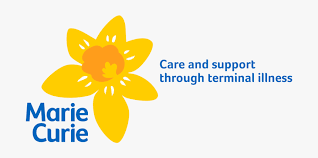Understand the person’s needs - use the HOPE tool to start the conversation
Ask your client what’s important to them and what you can do to help.
Do they need practical help - e.g. can you help to arrange for them to attend a religious service, see a faith leader at home, be with family and friends or spend time in nature?
Encourage the person to explore their worries and fears.
Listen without passing judgement or dismissing their concerns.
Don’t feel you always need to have an answer. Leave room for listening, thoughtfulness and stillness.
Encourage the person to find their own coping techniques, especially ones that have worked for them in the past. This may include doing things they enjoy, writing down thoughts and feelings, and finding ways to relax such as listening to music or having a massage.
Contact the local hospital, hospice or palliative care team chaplaincy service.
If you don’t feel comfortable having these conversations, ask an experienced colleague or a specialist such as a chaplain to be involved.

